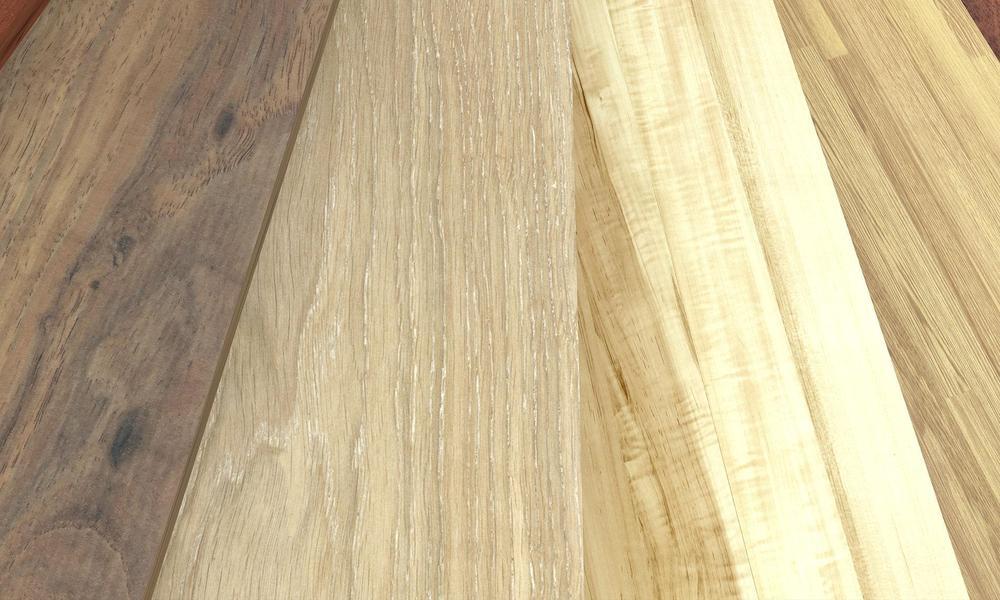PVC (polyvinyl chloride) flooring is a type of synthetic flooring that is made from a combination of PVC and plasticizers. It is a versatile flooring option that can be used in a variety of applications, including residential, commercial, and industrial settings.
One of the unique features of PVC flooring is its durability. It is designed to withstand heavy foot traffic and is resistant to scratches, dents, and other types of damage. Additionally, PVC flooring is moisture-resistant, making it ideal for use in areas that are prone to spills and moisture, such as bathrooms, kitchens, and laundry rooms.
Another unique feature of PVC flooring is its ease of installation. Unlike traditional flooring options that require adhesive or nails, PVC flooring can be installed using a click-and-lock system, making it a popular option for DIY enthusiasts.
What are the Benefits of PVC Flooring?
PVC flooring offers several benefits that make it a popular flooring option for homeowners and business owners alike. Some of the benefits of PVC flooring include:
- Durability: As mentioned, PVC flooring is incredibly durable and can withstand heavy foot traffic and other types of wear and tear. This makes it an ideal option for high-traffic areas.
- Low Maintenance: PVC flooring requires very little maintenance to keep it looking its best. It can be easily cleaned using a damp mop or cloth, and it doesn’t require waxing or polishing.
- Versatility: PVC flooring is available in a wide range of colors and patterns, making it easy to find a style that complements your decor.
- Cost-Effective: PVC flooring is generally less expensive than other types of flooring, making it an attractive option for those on a budget.
- Comfort: PVC flooring has a slightly cushioned feel underfoot, making it more comfortable to stand on for extended periods.
How to Choose the Right PVC Flooring for Your Space?
When choosing PVC flooring for your space, there are several factors to consider. Here are a few tips to help you make the right choice:
- Consider the Location: The location of your space will play a big role in the type of PVC flooring you choose. For example, if you are installing PVC flooring in a bathroom or kitchen, you will want to choose a moisture-resistant option.
- Think About Durability: If you are installing PVC flooring in a high-traffic area, you will want to choose a durable option that can withstand heavy foot traffic.
- Look at the Style Options: PVC flooring is available in a wide range of colors and patterns, so take some time to look at the available options to find a style that complements your decor.
- Consider the Installation Process: Some types of PVC flooring require adhesive or nails for installation, while others use a click-and-lock system. Consider your DIY skills and the complexity of the installation process before making a final decision.
- Set a Budget: PVC flooring is generally less expensive than other types of flooring, but prices can still vary widely depending on the quality and style you choose. Set a budget before you begin shopping to help narrow down your options.


